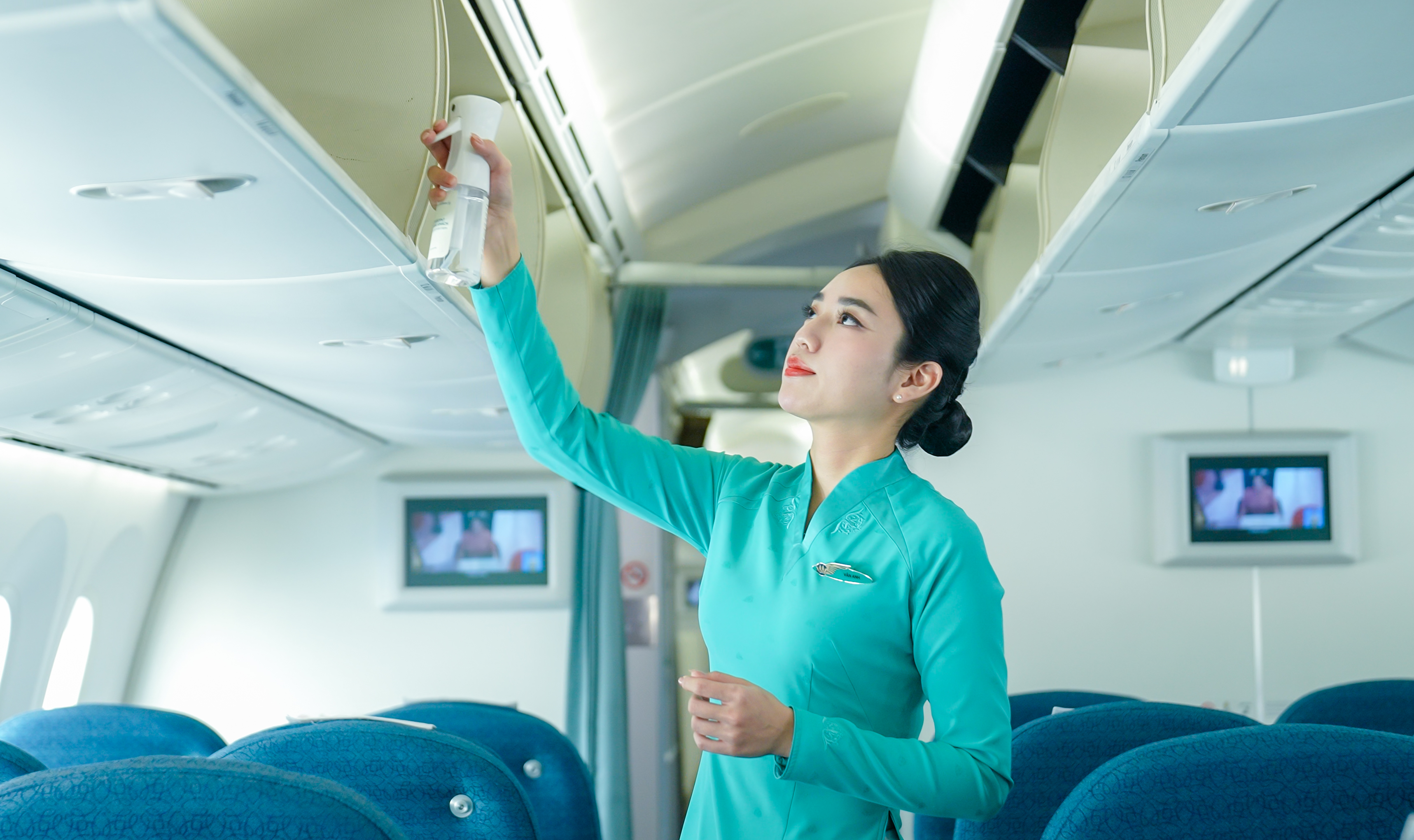 IATA said emergency aid of up to $200 billion is required for the global aviation industry. (Photo: AFP)
IATA said emergency aid of up to $200 billion is required for the global aviation industry. (Photo: AFP)
IATA now expects full-year 2020 passenger numbers in both regions (to/from/within) to reach only 30 percent of 2019 levels, compared with the 45 percent projection the group published in July. In absolute numbers, IATA expects Africa to see traffic decline from 155 million travelers in 2019 to 45 million in 2020, while the Middle East witnessed a decline from 203 million to 60 million. The organization projects traffic in both regions to recover to about 45 percent of 2019 levels in 2021. Africa will not see a full recovery until late 2023 and the Middle East until late 2024, added IATA.
Forward bookings for air travel in the fourth quarter show that the recovery continues to falter in both regions. While, in Africa, domestic travel has recovered to a degree as countries reopen their borders, international travel remains heavily constrained as major markets, including the EU, remain closed to citizens of African nations. The EU currently allows residents from only two African countries—Rwanda and Tunisia—to cross its borders.
Similarly, in the Middle East regional travel improved from the low point in April as countries in the region reopened their borders. However, international travel has remained heavily constrained due to the return of government restrictions amid new Covid outbreaks in a number of key markets.
Airline financial health has suffered more intensely in Africa, where four airlines have ceased operations due to the outbreak and two operate in voluntary administration. Without urgent financial relief, said IATA, more carriers and their employees face distress, as does the wider African air transport industry, which supports 7.7 million jobs on the continent.
The governments of Rwanda, Senegal, Côte D’Ivoire, and Burkina Faso have pledged a total of $311 million in direct financial support to air transport. Some other governments, international finance bodies, and other institutions including the African Development Bank, African Export-Import Bank, African Union, and the International Monetary Fund (IMF) for air transport and tourism, have pledged another $30 billion. However, most of the promised relief has yet to reach those in need.
“Hundreds of thousands of airline jobs are at risk if there is a systemic failure in African aviation,” said IATA regional vice president for Africa and the Middle East Muhammad Albakri. “And this is not just in aviation but across industries that depend on efficient global connectivity. Much needed financial relief has been pledged, but little has materialized. The situation is critical. Governments and donor organizations need to act fast or the challenge will move from supporting an industry in severe distress to resurrection from bankruptcy.”
Cre: AIN Online
Nguyen Xuan Nghia – COMM











